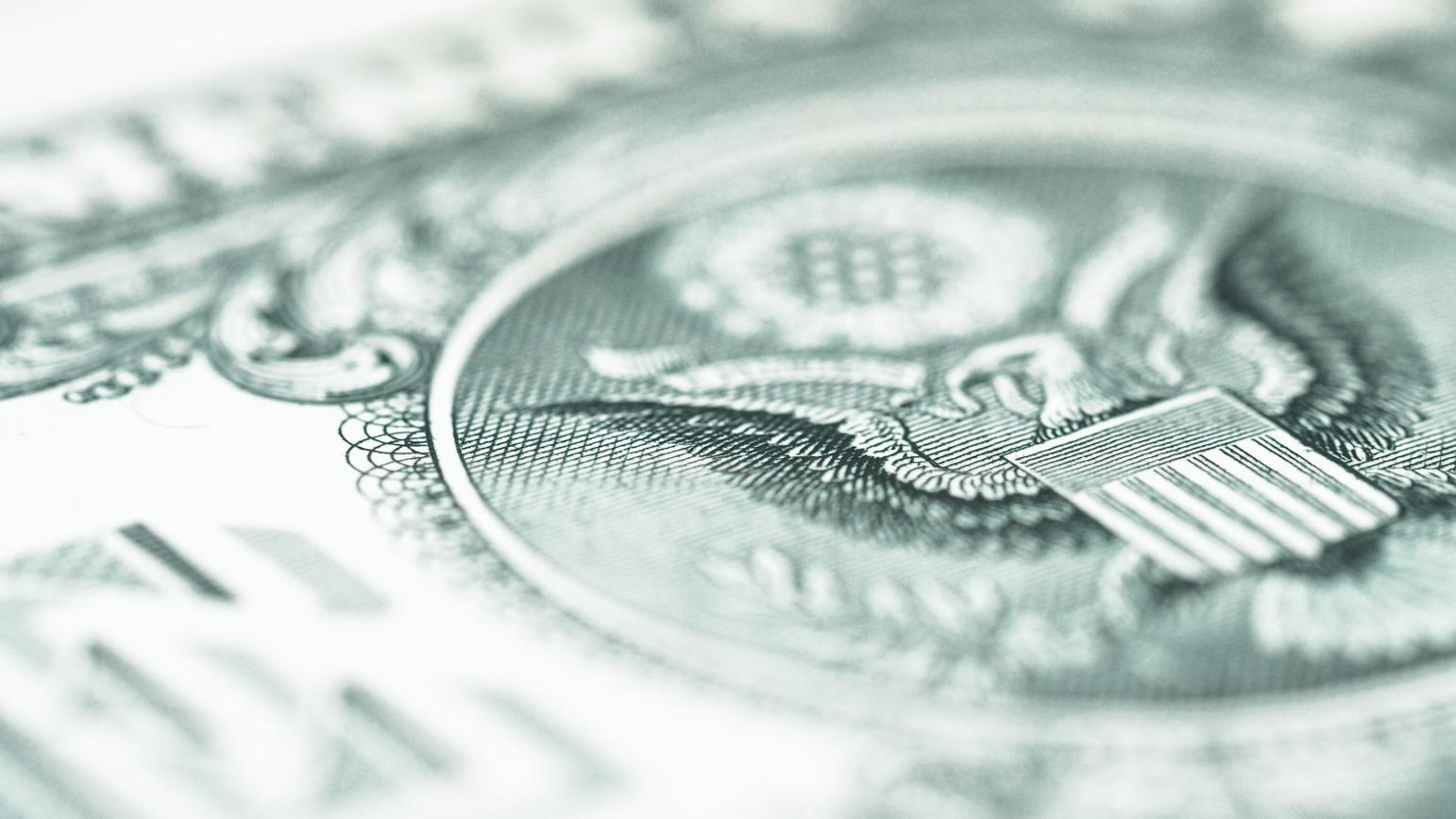
作者/Author(s): Warwick J. McKibbin and Marcus Noland
網站來源/Source: Peterson Institute for International Economics
日期/Date: 03/11/2025
關鍵字/Keywords: 經濟、川普、美國、金磚國家
摘要:
川普曾威脅要對推動「去美元化」的國家(特別是金磚國家)徵收 100% 關稅。如果川普政府真的出手,會對目標經濟體造成損害,但也會受到嚴重的反作用力。
- 根據國際貨幣基金組織「官方外匯儲備貨幣構成(COFER)」數據統計,美元仍是全球官方儲備中占比最高的貨幣,遠超第二名歐元。其他貨幣如日圓、英鎊與人民幣,在 COFER 中的佔比甚至不到10%。
- 儘管美元仍是最主要的國際貿易計價貨幣,但中國在國際貿易中的地位使人民幣成為僅次於美元的第二大貿易貨幣。
- 專家們時常預測美元霸權的盡頭,但這絕不會發生。美元優勢來自於美國具備宏觀經濟穩定性、深厚且發達的金融市場、資本自由流動、健全的金融制度,以及大量具流動性與安全性的資產。目前,沒有任何國家能夠在金融市場結構上比肩美國。然而,新興金融科技可能削弱主導貨幣的優勢,市場參與者越來越容易保持貨幣多元化投資組合。因此,去美元化在短期內不會對美國利益造成立即威脅。
- 若川普對去美元化國家實施關稅限制,這些國家可能無法以相同的規模進行報復,但他們可能透過小幅關稅或其他手段反制,甚至導致下列後果:
- 所有參與的國家(包含美國、巴西、俄羅斯、印度、中國和南非)的 GDP 成長都會放緩,其中中國因對美貿易依賴程度較高,受創最重。
- 除中國外,所有國家都將面臨通膨加速,因為中國央行可能會收緊貨幣政策以抑制人民幣貶值。
- 中國是金磚國家組織的主要成員,希望透過促進人民幣國際化,減少對美元的依賴。中國甚至開發了CIPS系統以取代西方控制的SWIFT系統,甚至推動數位人民幣。此外,台海衝突可能引發西方金融制裁的風險,進一步加深中國「去美元化」的戰略動機。
- 金磚國家組織內部一直在討論使用這些替代機制的可能性,但仍無法動搖美元主導地位,也未就共同貨幣達成共識。
Trump threatened countries pursuing de-dollarization, specifically BRICS countries, with a 100 percent tariff. If Trump carries out his threats, it will damage the targeted economies, but with significant blowback.
- According to the IMF COFER statistics, the US dollar is still the most widely held currency as official reserves, surpassing the second-placed Euro by a large magnitude. Other currencies, such as the Japanese Yen, Pound Sterling, and Chinese Renminbi, accounted for less than 10% of the COFER.
- Although the US dollar is the most used currency for trade invoicing, China's gravity in international trade placed the Renminbi second after the dollar.
- Experts occasionally predict the end of the US dollar dominance, but it never happens. The US has strong macroeconomic stability, expansive and deep-rooted financial markets, freedom of capital flow, a well-established financial system, and a wide range of liquid and safe financial assets. Currently, no country shares a resemblance to the US financial market's characteristics. However, new financial technologies may reduce the dominant currency's advantages and allow market participants to maintain diversified portfolios. Therefore, de-dollarization will not pose an immediate threat to the US interests.
- If Trump followed through on his threat of de-dollarizing countries, they may not be able to retaliate at the same scale. However, they may retaliate by imposing minor tariffs on US products or using other means. The consequences of the tariff war are:
- All countries involved (the US, Brazil, Russia, India, China, and South Africa) will see slower GDP growth, with China faring the worst due to its higher exposure to the US.
- Apart from China, all countries will experience hastened inflation because the Chinese central bank could tighten its monetary policy to suppress the depreciation of the Renminbi.
- China is the dominant member of BRICS and aims to reduce its reliance on the dollar by encouraging RMB internationalization. China even developed CIPS to substitute Western-controlled SWIFT and digital currency. The possibility of Western financial sanctions over a Taiwan contingency catalyzes China's interest in dollar decoupling.
- BRICS is also exploring the potential of these mechanisms within their group, but they still cannot outmatch dollar dominance or reach a consensus on a common currency.
